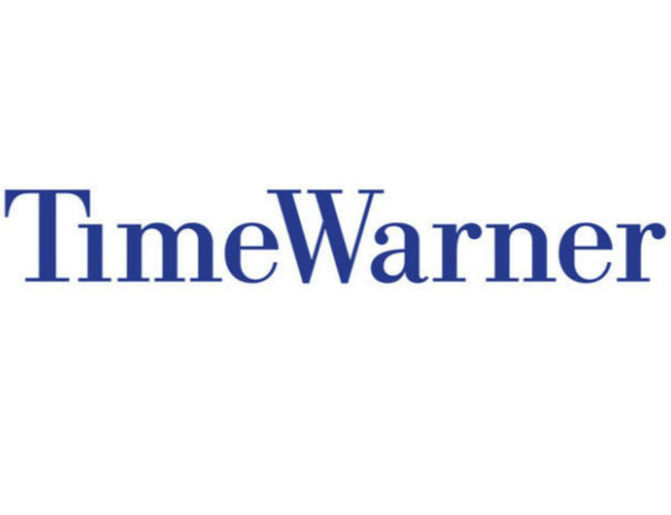Reports: Bewkes Says DOJ’s Blackout Fears ‘Ridiculous’

The smarter way to stay on top of the multichannel video marketplace. Sign up below.
You are now subscribed
Your newsletter sign-up was successful
Time Warner Inc., chairman and CEO Jeff Bewkes took the stand Wednesday in the antitrust trial concerning his company’s $108.7 billion merger with AT&T, adding that federal regulator’s fears that the combined company would blackout channels to force distributors to pay higher prices “ridiculous.”
AT&T proposed the Time Warner merger in October 2016, combining Time Warner’s hefty content assets – it owns cable channels TNT, TBS, Home Box Office, Cartoon Network, CNN, and others, as well as the Warner Bros. television and movie production studios -- with AT&T's 25-million-customer-strong distribution network.
A little more than a year later, the U.S. Dept. of Justice moved to block the deal on November 2017, claiming that the union would place too much power in the hands of one company and forcing the parties to work out a conclusion in court. The trial, held in the U.S. District Court for the District of Columbia, began on March 19.
The government has claimed that a combined AT&T Time Warner could use blackouts of Turner networks to other distributors to lure customers to AT&T or could prevent distributors from using its HBO premium channel as a promotional tool.
Networks regularly let their channels go dark during heated carriage negotiations, and though there have been some exceptions, most of these disputes are worked out in days or weeks.
AT&T and Time Warner have pledged to offer distributors arbitration in carriage disputes and have promised not to block out any channels for seven years after the deal is approved, which would seem to blunt the government’s argument.
The government has claimed that a combined AT&T Time Warner could use blackouts of Turner networks to other distributors to lure customers to AT&T or could prevent distributors from using its HBO premium channel as a promotional tool.
The smarter way to stay on top of the multichannel video marketplace. Sign up below.
“It’s ridiculous,” Bewkes said of the government’s claims, according to Deadline.com. “It’s not how it works. If any of our channels goes off the air for any period of time, it is catastrophic for us. We lose a lot of money.”
He then pointed to a 2014 dispute with Dish Network that led to Turner networks going dark for about one month, which he said cost the programmer $150 million in lost carriage fees and advertising revenue.
But some smaller operators have said under oath that they believe AT&T-Time Warner will stifle competition. On Tuesday, RCN CEO Jim Holanda said he believed AT&T would use Turner programming to “disadvantage us,” according to a Bloomberg report.
Bloomberg added that Holanda said he had the same fears during the Comcast-NBC merger, but admitted under cross-examination that he had no data to back up claims that he would lose customers as a result of the Time Warner deal. He also admitted that most of the losses RCN has endured have come as a result of increased competition from over-the-top providers, not from traditional distributors like AT&T, according to Bloomberg.
That seemed to play into Bewkes’ main point – that the merger is necessary to help Time Warner better compete. Bewkes cited two “tectonic changes” in the TV business over the past several years that have swung the advantage to Time Warner’s competition: the advent of Netflix and its ability to go directly to the consumer, and the second, the shift in the advertising market to digital platforms like Google and Facebook.
"They can sell a Chevy ad just to people who are trying to buy a car," Bewkes said, according to CNN, adding that companies are "moving away from television advertising in general."
AT&T chairman and CEO Randall Stephenson is expected to take the stand on Thursday.
